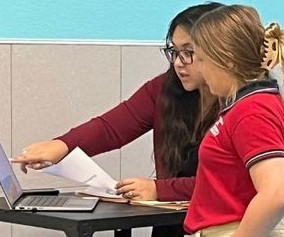Three Ideas for Creating More Equitable & Personal Assessments
American Consortium for Equity in Education
NOVEMBER 27, 2023
By Dr. Tim Hudson, Chief Learning Officer, Discovery Education When I was in graduate school, the first “paper” assigned in my Qualitative Analysis class was to explain the differences between qualitative and quantitative research methods.


























Let's personalize your content